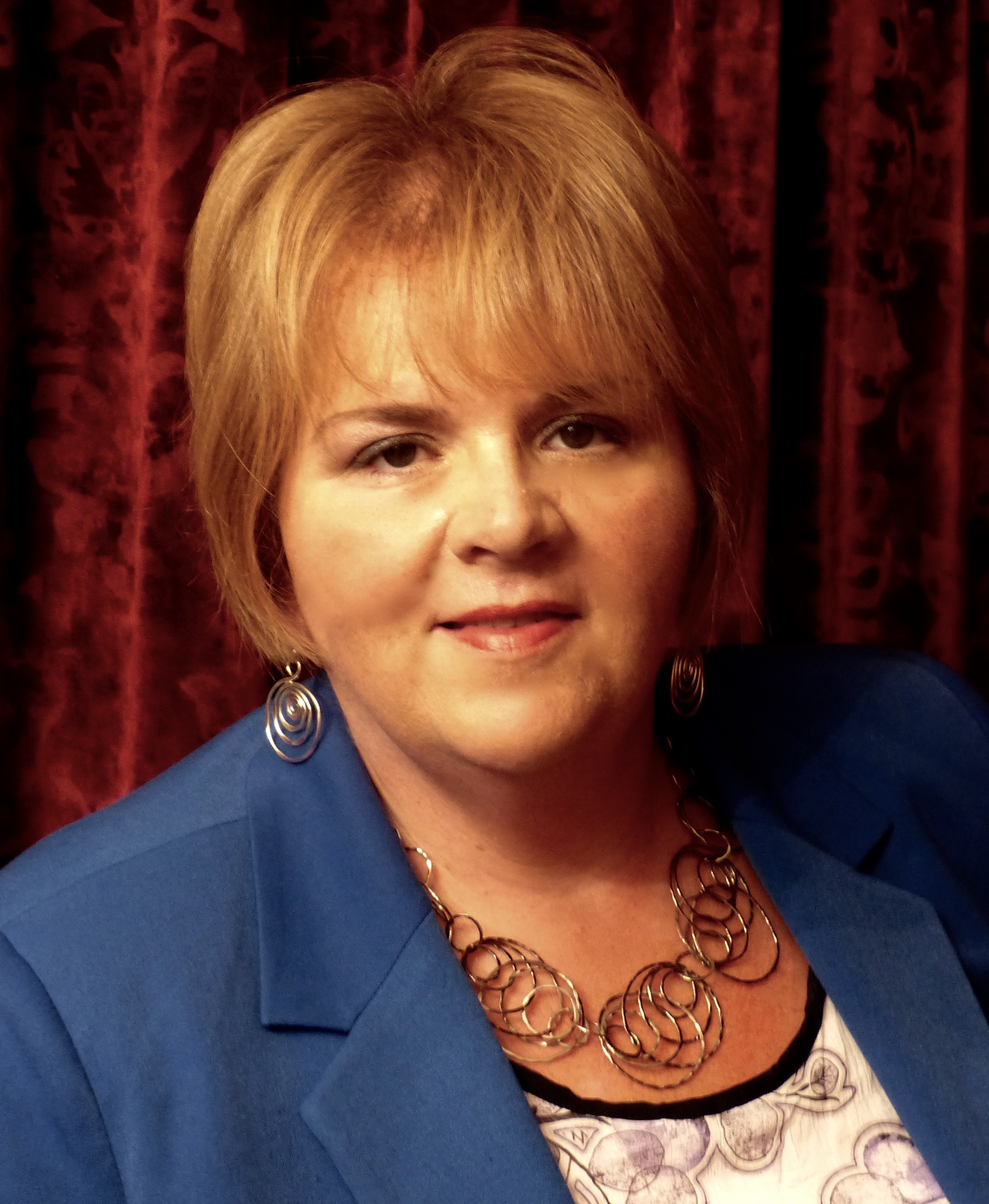If you are considering engaging an executive coach, here is some valuable advice from my client, Ellen Ferrara. She discusses her three reasons for investing in our partnership in an article she originally shared on LinkedIn.
The success of our partnership was in no small measure due to Ellen’s ability to reflect on our conversations, challenge what I observed, experiment with the actions we designed together and calibrate the success of those new thoughts, attitudes and actions. She also has a great sense of humour and is creative.
In Ellen’s own words…
I’d always been skeptical of executive coaches. I think (and others have generally agreed) that I’m fairly self-aware, committed to continuous learning and plan for performance improvement. Why spend money and time for someone else to take me over that ground?
In the past two years, I’ve learned why. And found it to be a fantastic investment in myself.
When I left BT I was burnt out; it took me well over a year to realise just how badly. In the exhaustive whirlwind of my departure, I thought I’d have a chat with a coach. Nothing like a major life change to encourage new behaviours! From our first conversation I appreciated the way she asked questions I hadn’t considered, and probed at topics I thought I’d worked out. We started with sessions every fortnight, then dropped to monthly. Now I’ve downshifted to a quarterly review.
Here’s why I’d recommend the process:
A tough, objective view
Mine is a sociable, sharing profession. I’ve never lacked colleagues and mentors to share my problems. But I’d lost track of the fact that all of those people were on my side. As part of my circle, they liked and supported me. They shared my grievances and perspectives, and would naturally take my side in a discussion. All of our friends do this. It’s often so subtle we don’t notice, but they are partisan. A good coach stands further back. She’s there for you, of course. But she has the emotional distance to see, and question, the bigger picture. She’s forced me to delve into other people’s motives, step to the other side of arguments and sometimes almost divorce myself from my own life in order to analyse it. A more dispassionate view inevitably leads to different ways of thinking, and broader strategies for dealing with work and life. Not to mention a more relaxed, less stressful approach to dealing with colleagues in conflict.
Intellectual rigour
My coach is like a dog with the proverbial bone. She’ll focus on a comment I may have cast out as an afterthought, or a bit of wry humour, and start picking at it. As she digs with pointed questions, we go down roads I hadn’t considered. An example: my new year’s resolution was all about discipline. You know the drill, you probably made the same sort of list on 2 January. Must go to the gym regularly, post more on LinkedIn, keep tidy to do lists, etc. She spotted a conflict, because she sees me as quite a disciplined person. Why was I beating myself up over this? Some fascinating exploration finally unearthed the reality that it’s not discipline I lack, I just hate routine. I find that I love the intellectual process of tough questions and thoughtful conversation, especially when pushed by someone who has an objective in mind. Ironically, from journalism school through my current job, I’ve spent my life being the one asking the tough questions. It’s energising to be on the other side.
The boss of your youth
If you were lucky, sometime in your 20s you had a wise boss who was also a caring mentor. In that early stage of career development, most corporates build encompassing support structures. Managers pay attention to performance reviews and goal setting. The best boss of my youth had an almost magical ability to spot the one thing holding me back most, explain it in a sympathetic way and give me an action plan to overcome it. As we move up the management chain, we lose that parental style of leadership. Bosses become colleagues with a bit more management responsibility; serious career conversations rarely happen. A good coach brings back all that you’ve lost since those early performance reviews. Caring but tough, focused on strategy, putting together plans. All the stuff we rarely make time to do for ourselves (but probably do for our employees.)
Having a coach is a very personal thing, of course. It’s only going to work if you get the personality fit right. You may need to meet a few before you choose one; don’t feel badly about telling someone the fit isn’t right. You may, as I once did, have a long list of reasons why this isn’t for you. I’d encourage you to set it aside for a few weeks and give it a try. You, and your career, won’t regret it.
_____________________________________________________________________
If you’d be interested, like Ellen, to see if we would be a good fit for a coaching partnership call me on +44 (0) 7952 068133 or drop me a line sylvana@sylvanacaloni.com. I’d be delighted to explore your challenges with you.

